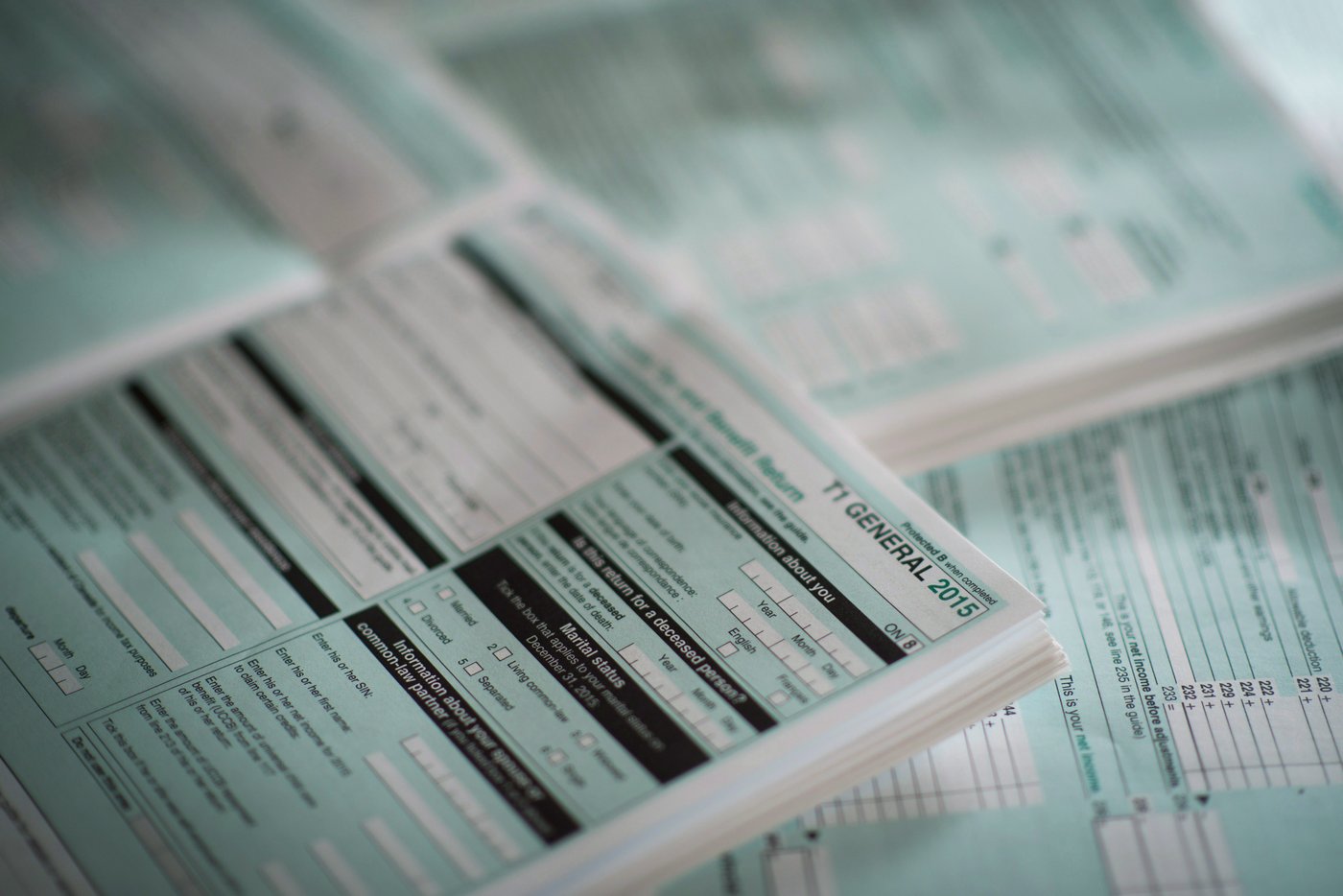Business
Taxpayers Face Challenges Due to Inaccurate CRA Advice

Canadians who receive inaccurate information from the Canada Revenue Agency (CRA) while filing their personal income taxes find themselves without legal recourse, according to tax lawyer David Rotfleisch. A recent report from the Office of the Auditor General, led by Karen Hogan, revealed that CRA staff provided accurate answers to just 17 percent of tax-related inquiries over a four-month period in 2025.
The report, released on October 22, 2025, indicates that the CRA prioritizes adherence to schedules for staff shifts and breaks over delivering accurate and complete information to taxpayers. This situation raises significant concerns for individuals attempting to navigate the complexities of the tax system.
Taxpayer Responsibilities and Legal Limitations
Under the Income Tax Act, Canadians hold the responsibility for ensuring their tax returns are accurate. Rotfleisch emphasizes that taxpayers “cannot and should not” rely on the CRA’s general information line, which he describes as “notoriously wrong.” This lack of reliable guidance can lead to errors in tax filings that carry financial implications for individuals.
While taxpayers can appeal any interest or fees incurred due to erroneous filings stemming from inaccurate advice, they will not face gross negligence penalties. This limited recourse highlights the challenges facing individuals who depend on the CRA for assistance.
Calls for Reform and Simplification
Franco Terrazzano, federal director of the Canadian Taxpayers Federation, criticized the CRA’s performance as “horrendous.” He advocates for a simplification of the tax code, arguing that the existing rules are “impossibly complicated” and difficult for ordinary Canadians to understand. The call for reform reflects a growing frustration among taxpayers who struggle with a convoluted tax system.
The findings from Hogan’s office reveal systemic issues within the CRA that could undermine public trust. As Canadians continue to grapple with their tax obligations, the need for improved accuracy in information provided by the CRA remains a pressing concern.
The implications of this report extend beyond individual tax filings; they suggest a larger need for governmental attention to the complexities of the tax code and the adequacy of services provided by the CRA. As taxpayers face the realities of tax season, the spotlight is on the CRA to enhance its accuracy and reliability.
-

 Education3 months ago
Education3 months agoBrandon University’s Failed $5 Million Project Sparks Oversight Review
-

 Science4 months ago
Science4 months agoMicrosoft Confirms U.S. Law Overrules Canadian Data Sovereignty
-

 Lifestyle3 months ago
Lifestyle3 months agoWinnipeg Celebrates Culinary Creativity During Le Burger Week 2025
-

 Health4 months ago
Health4 months agoMontreal’s Groupe Marcelle Leads Canadian Cosmetic Industry Growth
-

 Science4 months ago
Science4 months agoTech Innovator Amandipp Singh Transforms Hiring for Disabled
-

 Technology4 months ago
Technology4 months agoDragon Ball: Sparking! Zero Launching on Switch and Switch 2 This November
-

 Education4 months ago
Education4 months agoRed River College Launches New Programs to Address Industry Needs
-

 Technology4 months ago
Technology4 months agoGoogle Pixel 10 Pro Fold Specs Unveiled Ahead of Launch
-

 Business3 months ago
Business3 months agoRocket Lab Reports Strong Q2 2025 Revenue Growth and Future Plans
-

 Technology2 months ago
Technology2 months agoDiscord Faces Serious Security Breach Affecting Millions
-

 Education4 months ago
Education4 months agoAlberta Teachers’ Strike: Potential Impacts on Students and Families
-

 Education3 months ago
Education3 months agoNew SĆIȺNEW̱ SṮEȽIṮḴEȽ Elementary Opens in Langford for 2025/2026 Year
-

 Science4 months ago
Science4 months agoChina’s Wukong Spacesuit Sets New Standard for AI in Space
-

 Technology4 months ago
Technology4 months agoWorld of Warcraft Players Buzz Over 19-Quest Bee Challenge
-

 Business4 months ago
Business4 months agoNew Estimates Reveal ChatGPT-5 Energy Use Could Soar
-

 Business4 months ago
Business4 months agoBNA Brewing to Open New Bowling Alley in Downtown Penticton
-

 Business4 months ago
Business4 months agoDawson City Residents Rally Around Buy Canadian Movement
-

 Technology4 months ago
Technology4 months agoFuture Entertainment Launches DDoD with Gameplay Trailer Showcase
-

 Technology2 months ago
Technology2 months agoHuawei MatePad 12X Redefines Tablet Experience for Professionals
-

 Technology4 months ago
Technology4 months agoGlobal Launch of Ragnarok M: Classic Set for September 3, 2025
-

 Technology4 months ago
Technology4 months agoInnovative 140W GaN Travel Adapter Combines Power and Convenience
-

 Top Stories3 months ago
Top Stories3 months agoBlue Jays Shift José Berríos to Bullpen Ahead of Playoffs
-

 Science4 months ago
Science4 months agoXi Labs Innovates with New AI Operating System Set for 2025 Launch
-

 Technology4 months ago
Technology4 months agoNew IDR01 Smart Ring Offers Advanced Sports Tracking for $169










